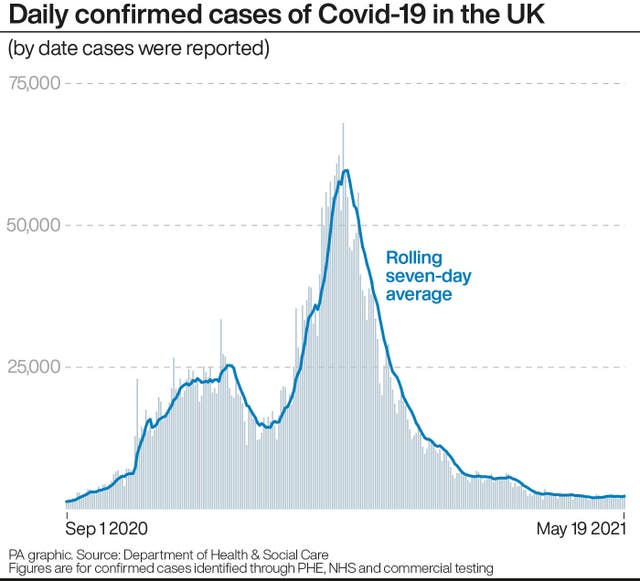Younger people are among the one in seven adults with coronavirus (Covid-19) who go on to suffer long Covid, new research suggests.
Long Covid
US experts found that people with Covid-19 were more likely to suffer health problems stretching into the long term than those who had never had coronavirus.
They found that one in seven (14%) adults aged under 65 had at least one new condition that required medical care in the three-week to six-month period after catching coronavirus. This was 5% higher than a comparison group of people without coronavirus in 2020.

The figures match those for long Covid produced by the Office for National Statistics (ONS), which said in April that almost one in seven people in the UK who test positive for coronavirus are still suffering symptoms three months later.
The US research, published by the British Medical Journal (BMJ), looked at the period from three weeks to six months after initial infection and found that people suffered a range of conditions. These included chronic respiratory failure, abnormal heart rhythm, peripheral neuropathy, memory problems, diabetes, liver test abnormalities, anxiety, and fatigue.
The researchers said:
Although individuals who were older, had pre-existing conditions, and were admitted to hospital because of Covid-19 were at greatest excess risk (of suffering new conditions), younger adults (aged 50 and under), those with no pre-existing conditions, or those not admitted to hospital for Covid-19 also had an increased risk

Study
The study used health insurance records to examine data for 266,586 adults aged 18 to 65 diagnosed with coronavirus between January and October last year.
Individuals were matched to three comparison groups without coronavirus, including one group diagnosed with a different respiratory infection.
Those who had had coronavirus were found to be more at risk of ongoing health issues than people in the other groups. The researchers said that as the number of individuals infected with coronavirus worldwide continues to rise, “the number of survivors with potential sequelae after Covid will continue to grow”.
In a linked editorial, Elaine Maxwell from the National Institute for Health Research said:
Healthcare professionals should be alert to the possibility of long Covid in anyone with confirmed or suspected Covid-19. How to treat these longer-term consequences is now an urgent research priority.











